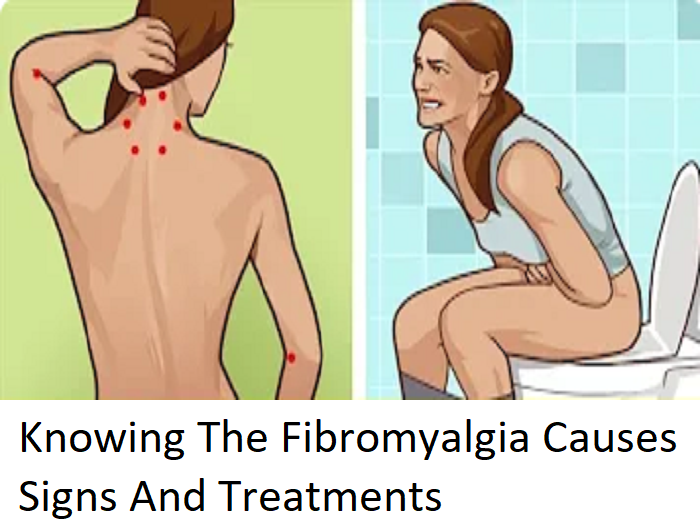Fibromyalgia These days, is one of the conditions that is remarkably common. The main symptoms of the musculoskeletal disorder include weariness, mood fluctuations, memory issues, and widespread joint and muscle discomfort. After osteoarthritis, this is the most well-known musculoskeletal disorder. But the medical establishment doesn’t exactly understand it.
Women are more likely than males to experience fibromyalgia. There’s no remedy for it. It’s critical to comprehend the symptoms and the associated risk factors because they closely match those of osteoarthritis. You have to do it right.
Risk factors:
According to the Mayo Clinic, there are three risk factors that can increase your likelihood of developing fibromyalgia at some point in your life:
Intercourse. As previously mentioned, women possess it in greater quantities than men.
Ancestry by family. If you have family members who have fibromyalgia, your risk of developing this condition is increased.
rheumatic disease. Furthermore, fibromyalgia may also develop if you have rheumatoid arthritis or lupus.
Signs:
This problem frequently results in fatigue, generalised suffering, and many body parts being painful to touch. Your inclination to doze off will also be aggravated, which could lead to discouragement.
- Cognitive Struggles
- Sensitivity and Jaw Pain
- Sensory Overload
- When Exhaustion Becomes Unbearable
- Battling Fatigue: A Delicate Balance
- Anxiety and Depression
- Urinary Symptoms
- Swelling Sensations
- Understanding Numbness and Tingling
- Stomach Issues
The following are some other symptoms that fibromyalgia may cause:
- Stiffness
- Incontinence
- Abdominal agony
- Chronic cerebral pains
- Tingling or deadness in your feetand fingers
- Dryness in your nose, eyesand mouth
- Irritable entrail disorder (IBS)
- Hypersensitivity to cold or potentially heat
- Inability to focus
TREATMENT:
The master must eliminate all causes and side effects in the unlikely event that you need to determine whether you have fibromyalgia. In order to rule out any disorders that lead to fatigue and pain, they ought to set up a blood test. Once a doctor confirms that you have fibromyalgia, you may receive some of the following treatments:
- painkillers. You can get ibuprofen or other painkillers from the specialist. They will help you sleep better and deal with the discomfort.
- antidepressants. They will be used to address both the pain and the fatigue.
- medications that prevent seizures.
As they ease the pain, they proved to be persuasive to a variety of patients.
In the unlikely event that you require further resources, such as specific therapy options that can help you cope with fibromyalgia, visit the National Fibromyalgia Association.
Sourse: https://www.mayoclinic.org/diseases-conditions/fibromyalgia/symptoms-causes/syc-20354780



